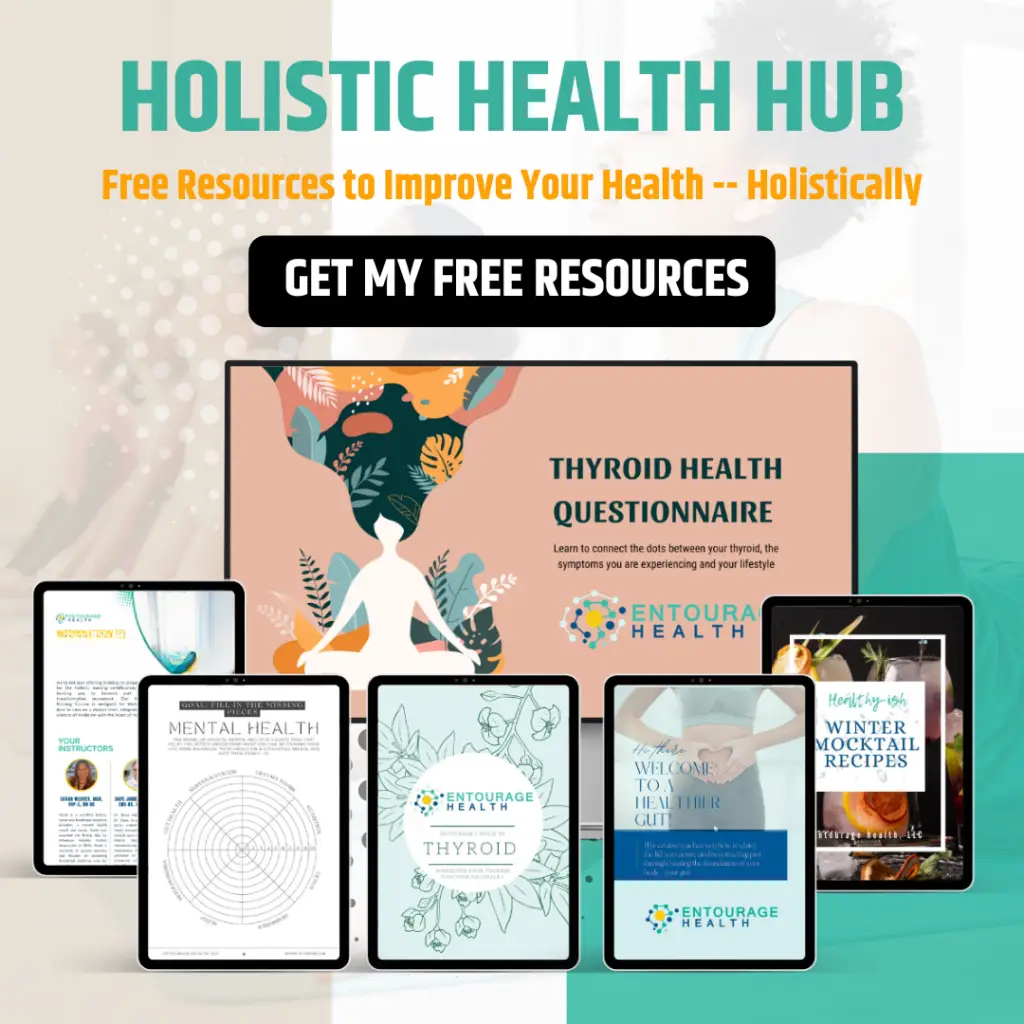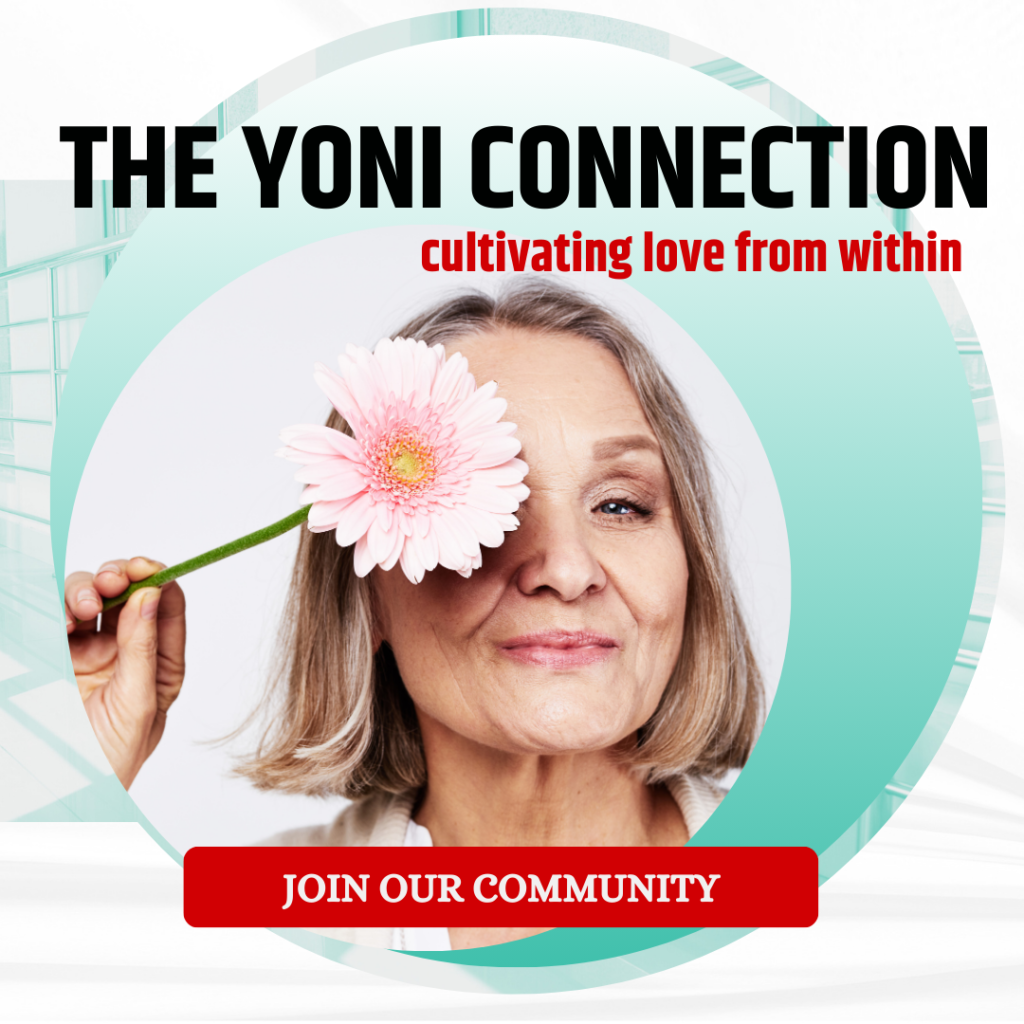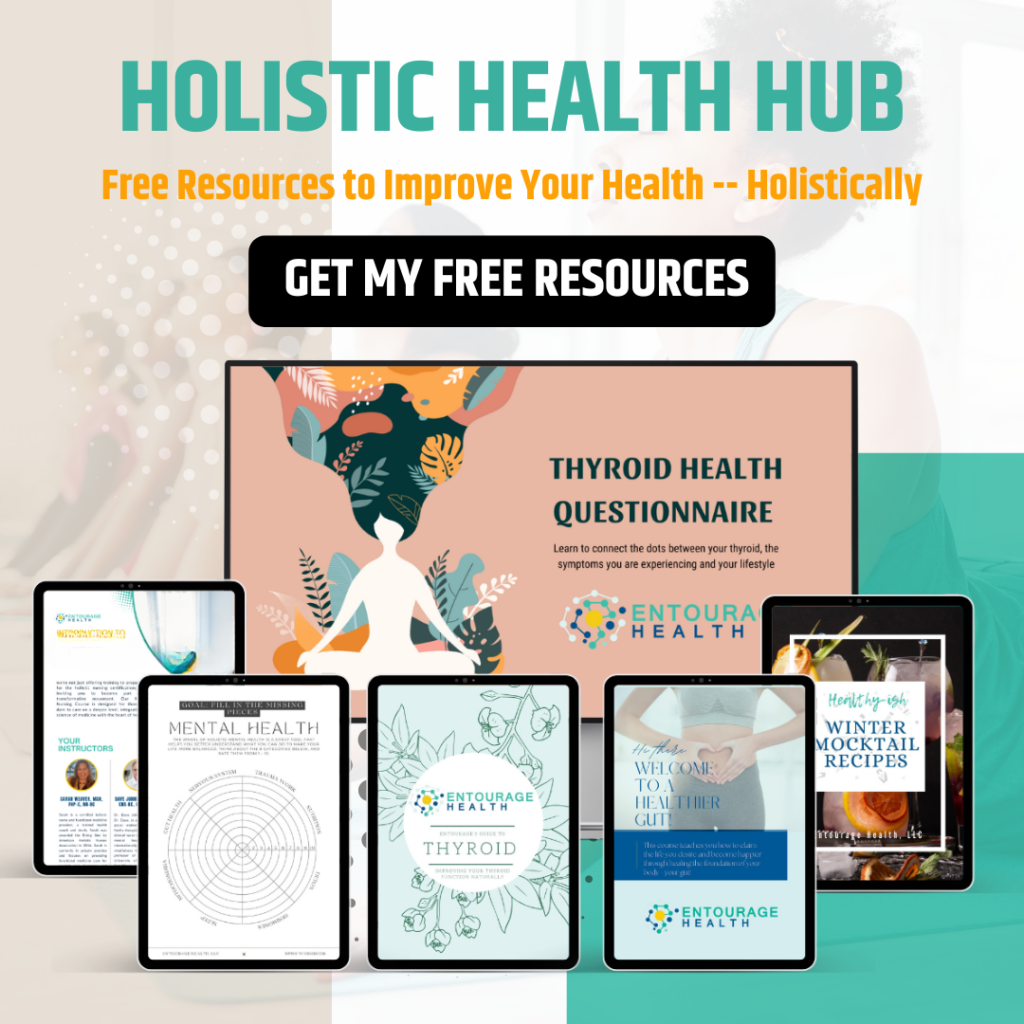For individuals who have experienced abuse and abandonment, particularly at the hands of men, the journey toward forming healthy, trusting relationships can be challenging. The scars of past traumas can create an ingrained pattern of fear, mistrust, and self-protection, making it difficult to open up and connect with others. Nonetheless, establishing a healthy relationship is possible with patience, self-compassion, and deliberate action. Here are some steps to guide you on this healing path.
1. Acknowledge and Validate Your Experiences
Honor Your Journey: Begin by acknowledging the pain and the strength it took to survive your experiences. Allow yourself to grieve for what you’ve been through without judgment.
2. Seek Professional Support
Therapy: Engage with a mental health professional who specializes in trauma and relationship issues. Therapists can provide a safe space to process your feelings and offer strategies to help you manage and move beyond your past.
3. Cultivate Self-Love and Compassion
Self-care: Invest time and energy into yourself. Engage in activities that bring you joy, relaxation, and a sense of accomplishment. This will help reinforce your self-worth and trust in your own abilities.
Mindfulness: Practices like meditation, deep breathing, and yoga can aid in grounding yourself in the present moment and help disengage from overwhelming thoughts and emotions.
4. Rebuild Trust Gradually
Boundaries: Establish clear boundaries and communicate them effectively. Learning to assert your needs and comfort levels is essential to any healthy relationship.
Slow and Steady: Allow relationships to evolve at a pace that feels comfortable for you. Trust is built over time through consistent, respectful behavior from others.
5. Understand the Difference Between Healthy and Unhealthy Relationships
Educate Yourself: Learn about the characteristics of healthy relationships, such as mutual respect, trust, support, healthy conflict resolution, and individual freedom.
Red Flags: Be aware of warning signs that may indicate unhealthy dynamics, such as control, manipulation, or disrespect.

6. Foster Connections in a Safe Environment
Group Settings: Start building trust in low-pressure environments. Group activities or social settings can provide opportunities for interaction without the intensity of one-on-one encounters.
Friendships: Develop platonic relationships with men who demonstrate qualities you respect and who treat you well. It can help rebuild your confidence in men as potential partners.
7. Reflect on Patterns and Triggers
Self-Reflection: Take time to understand any recurring patterns in your relationships and what might trigger negative responses. Gaining this insight allows you to address issues before they escalate.
8. Practice Forgiveness
Letting Go: Forgiveness doesn’t mean excusing abusive behavior – it is about releasing the hold that your past has on you. This is, perhaps, one of the toughest steps and requires time and often the support of a therapist or support group.
9. Be Open to New Experiences
Openness: Approach new relationships with an open mind and curiosity rather than fear. Each new person is an opportunity to learn and grow.
10. Stay True to Yourself
Stay Authentic: Always remain true to yourself and your values. The right person will love you for who you are, including your past experiences that have shaped you.
Conclusion
Building a healthy relationship after a lifetime of abuse and abandonment requires conscious effort, support, self-awareness, and time. It’s a journey of healing that starts from within and gradually extends outward. Allowing yourself to trust again and to form connections with men can be a transformative experience, leading to greater joy and fulfillment in your relationships. Celebrate each step you take and recognize that each day you are moving away from your past and towards a brighter future.
References:
This article is informed by common practices in therapy and mental wellness strategies. The steps provided here are not a substitute for professional advice but are general guidelines for personal development and healing. Readers are encouraged to seek professional counseling and support groups when dealing with past abuse and abandonment.





